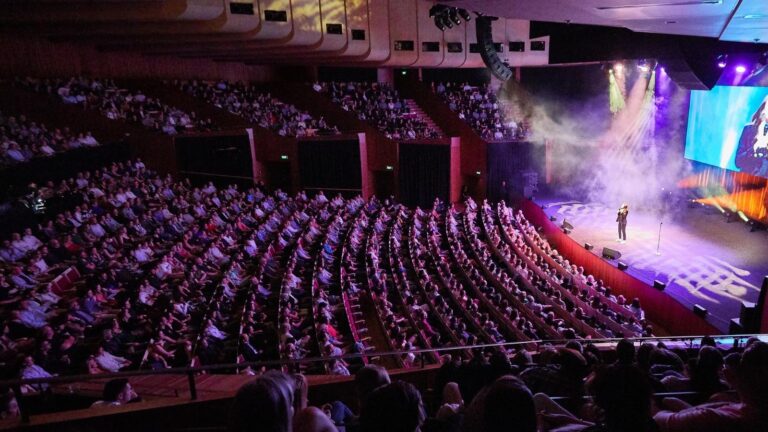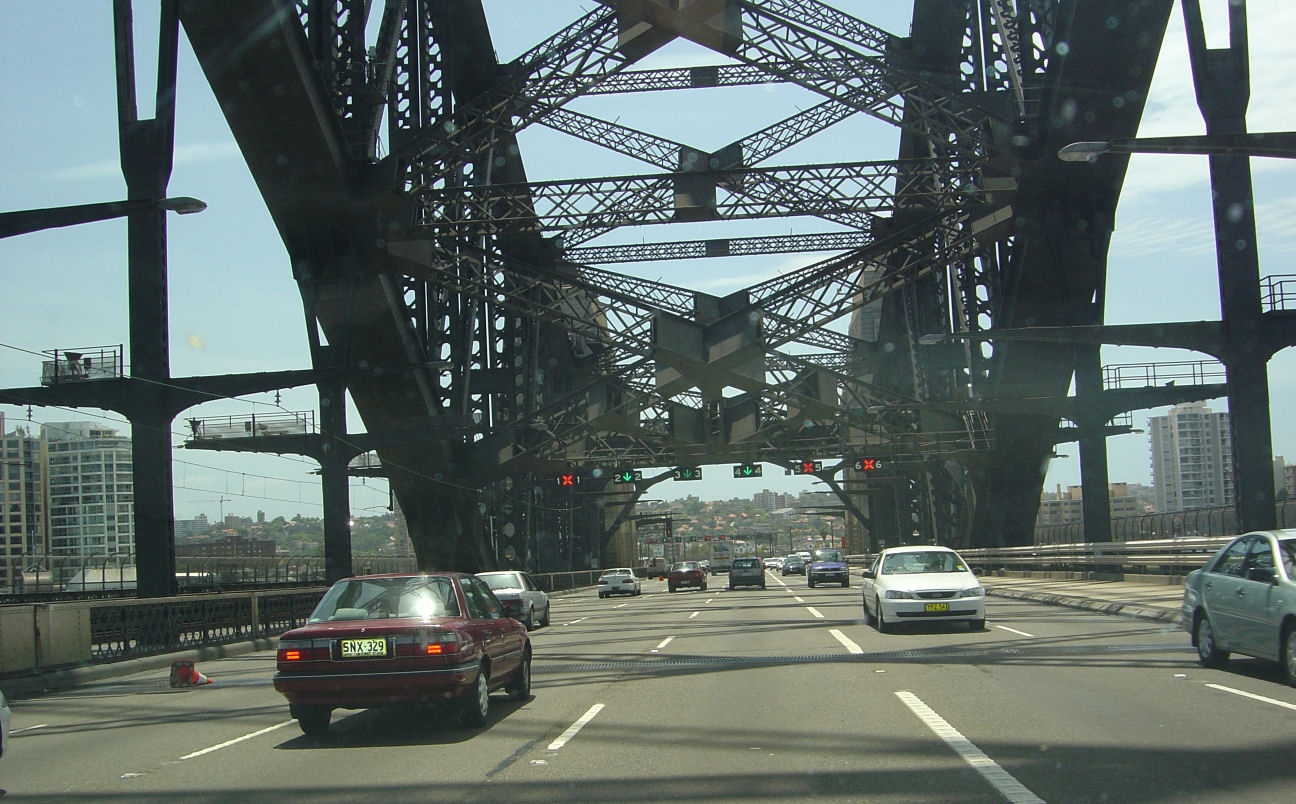
Dining out, taken off the menu
BY ALEX MCDONALD
Bill Komoroski has a New Year prediction, and it isn’t pretty. He’s convinced that 2009 will be “a year in hell” for the city’s restaurateurs and cafe owners.
In the past three months, profits at restaurants and cafes slumped by 1.8 per cent. Yet figures released by CommSec show that sales have actually dropped to 9.3 per cent in the September quarter.
Compounding this is the declining value of the Australian dollar, which has bumped up the price of some imported goods by 25 per cent.
“We import a lot of Mexican products,” explains Komoroski, who owns Tomatillo Mexican Grill in the Cross. “It was beautiful when the Aussie dollar was 97 cents. When it drops down to 65 cents you’ve got problems.”
Retail sales are flat lining with the economic slowdown, and restaurants are suffering as consumers rein in their spending.
Faced with a shaky economy and a falling dollar, Komoroski said he is already on the lookout for local alternatives to use in his burritos and quesadillas.
But he’s also wary about compromising the authenticity of his food. He recently flew to Brisbane to sample some Australian-made tortillas, but was underwhelmed by what he saw.
“They’re not quite the real deal,” he said. “We’re going to see if we can work out a recipe. Still, you’re importing the corn flour from the States or Mexico, so you’re going to get pinched one way or the other.”
Consumers’ spending habits are now in thrift mode according to a recent Bureau of Statistics report, this despite the $7 billion worth of tax cuts delivered in July.
The CEO of Restaurant & Catering NSW, Robert Goldman, said when businesses tighten their belts, this has a flow on effect that can hurt restaurants.
“Businesses are making a decision not to travel as frequently, which impacts on room nights in hotels and impacts in restaurants and people dining out,” said Goldman, who represents about160 eateries in the CBD.
But Goldman said that compared to other industries, restaurants are faring quite well. “How can we be more vulnerable than the automobile industry'” He added.
Another factor in the hospitality industry’s favour, said President of the Darlinghurst Business Partnership Andrew Duckmanton, is the steady expansion of the city’s night economy.
“Night time businesses are becoming so prevalent in the City of Sydney,” said Duckmanton. “Kitchens and discos are popping up everywhere. It’s the daytime economy which is the most vulnerable at this point.”
Andrew Duckmanton said consumers are equally wary about what the next 12 months has in store.
“People clearly don’t have a lot of money in their pockets at the moment and I think they are a little bit scared about what’s going to happen next year,” he said.
Duckmanton said many shopkeepers in Darlinghurst and Surry Hills are being squeezed, particularly those that cater to niche markets. His curiously named Crown Street vintage clothing store, Grandma Takes a Trip, is a prime example.
“We simply don’t have enough people in the city during the day,” he said. “Each [shop] offers different things to their residents and these areas each have a different composition of shops.
“Any increase in the cost of doing business isn’t being passed on to the customer, which means you’re really affecting your margin. That’s where the big issue lies.”
Bill Komoroski, meanwhile, is determined to weather the economic storm. He said the drop in revenue so far this year has been marginal, and that his business is still in relatively good shape.
“If I look at last year’s figures, we’re still maintaining those,” said Komoroski. “Are we killing it’ No. But I don’t need to go home and listen to Neil Young.”
And with Christmas less than a month away, Robert Goldman said restaurateurs like Komoroski are right to remain optimistic, at least in the short term.
“Don’t forget this is the golden quarter,” he said. “All your Christmas parties are beginning to happen and people do go out.”









